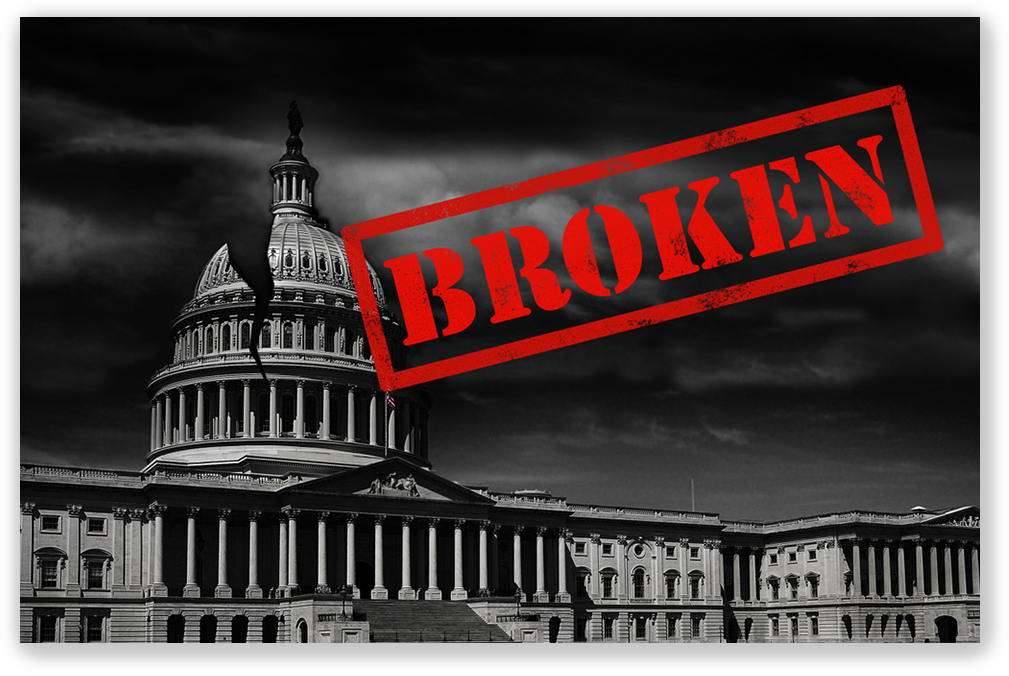We post news and comment on federal criminal justice issues, focused primarily on trial and post-conviction matters, legislative initiatives, and sentencing issues.

YAMS
A true yam (as opposed to a sweet potato) is a monocot, a vigorous herbaceous, perennially growing vine related to lilies and grasses.
 Speaking of “grass,” the marijuana kind, reports last week suggest that Biden’s promise to reclassify marijuana as a Schedule III drug – his latest promise to undo the war on drugs – might be in trouble .
Speaking of “grass,” the marijuana kind, reports last week suggest that Biden’s promise to reclassify marijuana as a Schedule III drug – his latest promise to undo the war on drugs – might be in trouble .
Marijuana reform advocates last week asked an Administrative Law Judge (ALJ) to remove the DEA from its own hearing. They argue the agency has improperly communicated with antimarijuana groups in a bid to torpedo the Biden administration’s proposal. The advocates contended that “prominent doctors, researchers and state regulation experts are not being allowed to testify in a hearing” that will enable the ALJ to recommend whether rescheduling is appropriate.
Last week, the Washington Post reported, ALJ “signaled he will side with the DEA, writing the advocates’ request “adds nothing” and “presents little more than an ad hominem distraction.”
Under the reclassification proposal, marijuana would not be legalized federally like alcohol or tobacco, but would move to Schedule III, a category including prescription drugs such as ketamine, anabolic steroids and testosterone. That could lead to a lessening of Guidelines sentencing ranges, but even if that happens, it won’t happen immediately.
The ALJ pushed back the hearing from December 2nd to some time in January or February because it was unclear whether the 25 witnesses submitted by the DEA favored or opposed reclassification, or even why they should be allowed to testify, according to the ruling.
 Reason magazine last week chronicled Biden’s criminal justice failures: “His voluminous 2020 criminal justice platform (now scrubbed from his website) advocated eliminating mandatory minimum sentences, cash bail, and the federal death penalty.” Another article noted that besides the death penalty, Biden “promised to “eliminate mandatory minimums”; “end, once and for all, the federal crack and powder cocaine disparity”; “decriminalize the use of cannabis and automatically expunge all prior cannabis use convictions”; and “use the president’s clemency power to secure the release of individuals facing unduly long sentences for certain non-violent and drug crimes.”
Reason magazine last week chronicled Biden’s criminal justice failures: “His voluminous 2020 criminal justice platform (now scrubbed from his website) advocated eliminating mandatory minimum sentences, cash bail, and the federal death penalty.” Another article noted that besides the death penalty, Biden “promised to “eliminate mandatory minimums”; “end, once and for all, the federal crack and powder cocaine disparity”; “decriminalize the use of cannabis and automatically expunge all prior cannabis use convictions”; and “use the president’s clemency power to secure the release of individuals facing unduly long sentences for certain non-violent and drug crimes.”
So far, Joe’s 0 for 5, and number 6 – use of clemency – hangs in the balance, with 54 days left.
Washington Post, DEA faces legal challenge as uncertainty clouds plan to reclassify marijuana (November 19, 2024)
Reason, Biden Failed To Deescalate the Drug War (November 22, 2024)
– Thomas L. Root

















